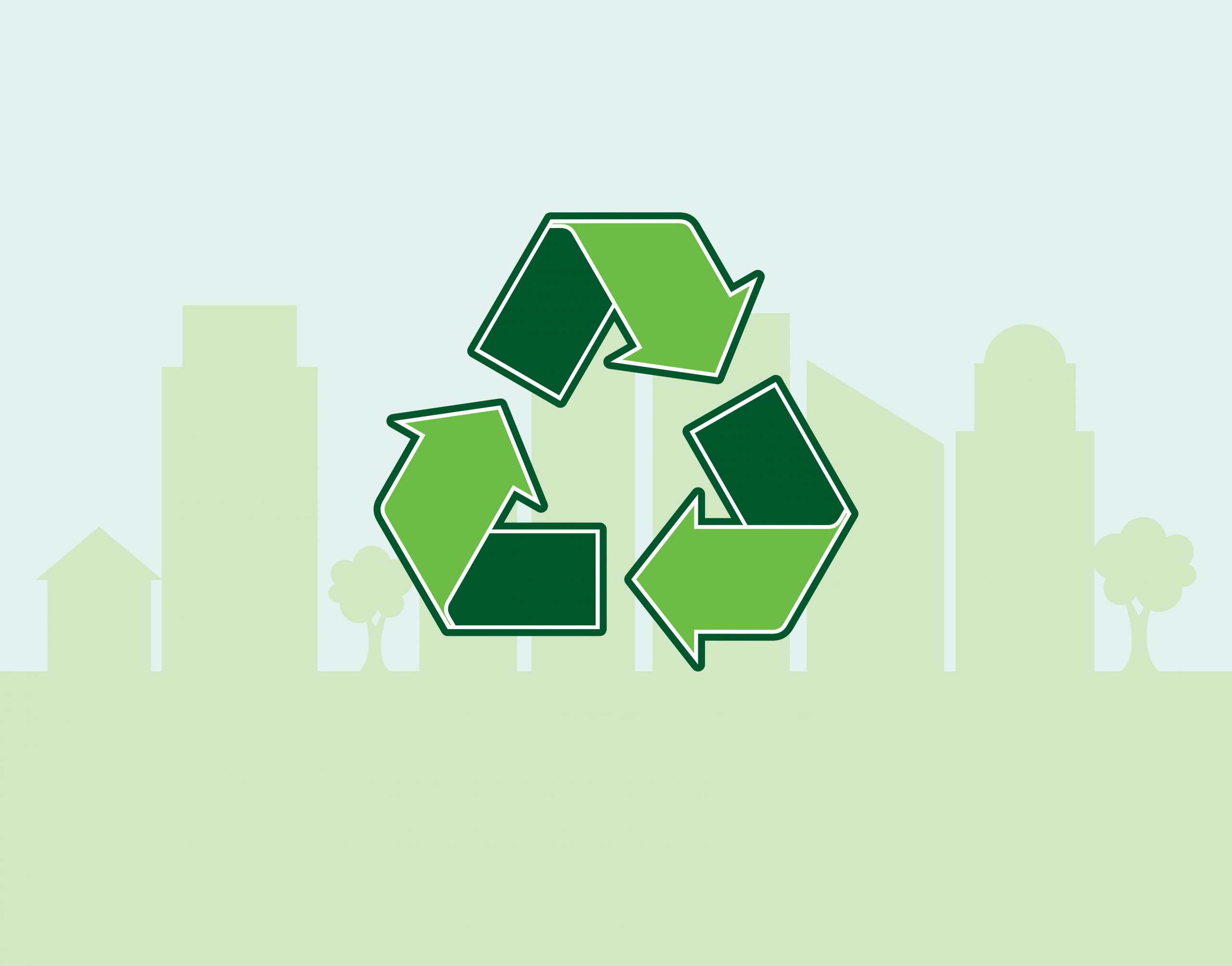A top legislative priority for the Flexible Packaging Association (FPA) continues to be an unwavering commitment to advocate for a national strategy to improve, advance, and increase plastics recycling in the U.S. From the time the Biden Administration and the 117th Congress were first sworn in earlier this year, FPA has worked with our industry partners on efforts to advance a comprehensive strategic framework to implement legislation and regulations that will create a more circular economy for flexible packaging and all plastics.
The issue has many components to it, and, accordingly, there have been numerous federal legislative proposals introduced. As noted in the past, FPA continues to support bipartisan efforts that have the best potential to make meaningful, durable strides to solving this problem. In this vein, FPA has advocated for the RECYCLE Act and the RECOVER Act, which were both reintroduced in the spring. These bills would provide funding to modernize recycling infrastructure and advance recycling programs in communities.
In early summer, Congress began consideration on another bill of specific note regarding plastics—the Plastic Waste Reduction and Recycling Research Act. This legislation sponsored by Reps. Haley Stevens, D-Mich., and Anthony Gonzalez, R-Ohio, would increase federal investments in plastic waste reduction, recycling research and development, and recycling standards development. There are countless other pieces of legislation that Congress has taken up to address Democratic priorities such as climate change. Of particular concern to FPA, and many of our industry partners, is the plastics title in the CLEAN Future Act, which includes language from the Break Free From Plastic Pollution Act. Congressional action on plastic recycling legislation, coupled with the push for including recycling infrastructure as part of the larger transportation/infrastructure package, have provided opportunities for FPA to highlight the benefits and effectiveness of flexible packaging and its positive sustainability profile.
While the process in Washington has been frustrating at times, there are reasons for optimism that bipartisan work on this issue will be successful and that further advancements toward a common goal of ending plastic waste in the environment are possible. FPA’s efforts to push for federal standards for plastic waste recycling—with preemption—will also help stave off the potential compliance challenges for individual states/localities in the absence of federal action. In the final analysis, both sides of the aisle know that status quo on plastic waste is not an option.
As members of Congress return to Washington, D.C., for the fall legislative session, we look forward to continuing to advocate for robust federal investment in advanced recycling infrastructure. Please let us know if you would like to join us as we engage in ongoing efforts to educate stakeholders on the Hill and to promote the significant role that flexible packaging plays in a circular economy. We would also be pleased to help facilitate plant visits and tours, as legislators are more comfortable meeting in person in their states and districts.
